Maintaining a mold-free home is crucial not only for the structural integrity of your property but also for the health and well-being of its occupants. Mold, a type of fungus, thrives in moist environments and can rapidly spread if left unchecked. Often, mold growth is not immediately visible, lurking within walls, ceilings, or under carpets, making it imperative to enlist the services of expert residential inspection and testing professionals. One of the primary reasons for conducting a thorough mold inspection is to identify hidden mold growth. Even small leaks or areas with high humidity can provide the perfect breeding ground for mold. Professional inspectors use specialized tools and techniques to detect mold in areas that are not easily accessible or visible to homeowners. This includes using moisture meters, thermal imaging cameras, and air sampling devices to assess indoor air quality. By pinpointing these hidden sources of mold, inspectors can recommend targeted remediation efforts to prevent further spread and recurrence.
Moreover, mold inspection and testing go beyond visual assessments. Professionals are trained to distinguish between different types of mold and understand their specific growth patterns and potential health hazards. Certain types of mold, such as black mold Stachybotrys chartarum, can produce mycotoxins that pose serious health risks, especially to individuals with respiratory conditions or compromised immune systems. Identifying the specific species of mold present allows for informed decisions on the appropriate remediation methods and Visit Link Here precautions to protect occupants during the cleanup process. Furthermore, a comprehensive mold inspection includes evaluating the overall moisture conditions within the home. This involves checking for plumbing leaks, inadequate ventilation, roof leaks, or improper drainage around the foundation—all of which contribute to moisture accumulation and create favorable conditions for mold growth. Addressing these underlying moisture issues is essential for long-term mold prevention and maintaining a healthy indoor environment.
Once the inspection is complete, reputable mold inspection companies provide detailed reports outlining their findings and recommendations. These reports serve as valuable documentation, especially for homeowners looking to address mold issues for insurance purposes or when selling their property. Clear, concise reporting helps homeowners understand the extent of the mold problem, the recommended steps for remediation, and preventive measures to avoid future outbreaks. Choosing a qualified mold inspection and testing service is critical to ensuring thoroughness and accuracy in the assessment process. Look for inspectors certified by reputable organizations like the National Environmental Health Association NEHA or the Indoor Air Quality Association IAQA. These certifications indicate that inspectors have undergone rigorous training and adhere to industry standards and best practices. Investing in professional residential mold inspection and testing is a proactive approach to safeguarding your home and family from the dangers of mold. Early detection and intervention not only mitigate potential health risks associated with mold exposure but also prevent costly structural damage to your property.
